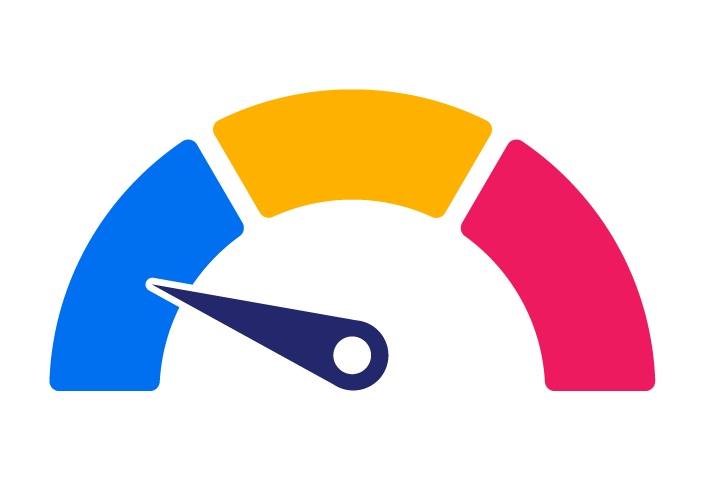Your burnout score is: Low
It looks like you’re experiencing low levels of burnout. Keep proactively managing your stress at work and looking after yourself.


What does this look like
Scoring low in burnout can look different for different people. You might be:
- Feeling energised and motivated at work, ready to tackle challenges.
- Finding joy and satisfaction in your tasks, seeing meaning in what you do.
- Maintaining a healthy balance between work and personal life, feeling fulfilled.
- You may still be feeling occasionally stressed by work, or tired, but you are able to manage these feelings and your energy levels.

Check in with how you're feeling
Ask yourself: “How am I feeling about work today?” Notice what causes stress, makes you feel disconnected or gives you uncomfortable physical sensations. Watch out for negative habits like avoiding problems.

Set goals, and boundaries
Think about where you want to go next in your career. Having goals to work towards can keep things interesting and prevent boredom. Practice assertive communication as well, to make sure that your needs are being met, and you maintain a good work-life balance.

Find a mentor
Connect with someone you admire in your field. They can offer valuable advice and support for your career journey.

Take on challenges
Look for opportunities to learn new things and stretch yourself. Growth and development can keep work exciting and rewarding.
Celebrate wins
Take a moment to acknowledge your accomplishments, big or small, and offer support and encouragement to your colleagues.
10 practical tips for avoiding burnout at work
- Take regular breaks throughout the workday to recharge.
- Make sure you eat healthy and drink water throughout your workday.
- If your work is desk-based, get up and move your body regularly.
- Respect your non-working time and avoid checking work emails or taking calls during off-hours.
- Schedule and take vacations or personal days to fully disconnect from work.
- Set clear boundaries between work and personal time and communicate them to colleagues and supervisors.
- Learn to delegate tasks and say no to additional responsibilities when your plate is already full.
- Explore flexible work arrangements or remote work options, if possible, to better suit your lifestyle.
- Prioritise tasks and create to-do lists to manage your workload efficiently.
- Avoid procrastination and last-minute rushes that can contribute to stress and burnout.
Maintain your wellbeing with the wellbeing action tool
Using a tool like the Wellbeing Action Tool makes it easy to identify what works best for you, as a way of maintaining healthy mental wellbeing and avoiding burnout.
This simple template can be easily printed or used as a guide to plan the wellbeing actions that work for you.







